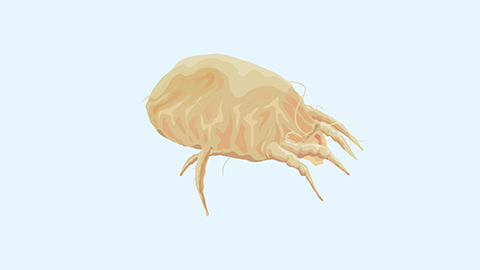Can there be brain-eating amoebas on dry hands?
The term "brain-eating amoeba" generally refers to Naegleria fowleri. Under normal circumstances, amoebas are unlikely to be present on dry hands unless they have come into contact with a contaminated environment and have not been cleaned properly. If the hands have not been exposed to contamination or have been adequately cleaned after exposure, the presence of Naegleria fowleri is unlikely. If you have any concerns, it is recommended to consult a healthcare professional in advance. Detailed explanation is as follows:

If hands have come into contact with soil or untreated natural water contaminated with Naegleria fowleri, even if the moisture has evaporated and the hands have dried, the organisms may still adhere to the skin patterns or folds. During the time when the amoebas remain viable, touching the mouth, nose, or eyes, or picking the nose with contaminated hands may create opportunities for the amoebas to enter the body.
If hands have not contacted contaminated water sources or soil, or if they are thoroughly rinsed with soap or hand wash under running water immediately after contact, and then dried properly, any adhered Naegleria fowleri can be effectively removed. Cleaned and dry hands generally do not provide conditions for amoeba survival.
In daily life, avoid direct hand contact with unknown water sources or soil. After contact, promptly wash hands thoroughly, and avoid touching mucosal areas with unwashed hands. If symptoms such as headache, fever, abdominal pain, or diarrhea occur, seek medical attention promptly for evaluation.




